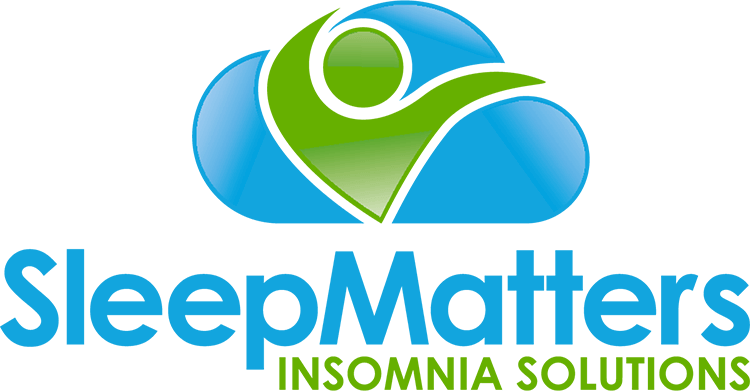Jessica Cole from Sleep Matters presented a seminar on teenage sleep to nearly 200 students at one of Perth’s high schools this week. It was a great opportunity to cover some interesting and important facts about sleep in adolescence.
Getting good quality and quantity sleep can be tricky in adolescence. At the very age the teenage body is demanding more sleep (an average of 9 hours), it is also the time where social and academic pressures significantly increase and compete for precious time. On top of this, teenagers typically experience a delayed sleep phase which is a biological shift in the body clock meaning that they don’t feel sleepy until later in the evening and want to sleep in later in the morning. It is not surprising then that up to 70% of students aren’t getting as much sleep as they need. It is important to be aware of what is getting in the way of sleep in order to to implement strategies for improved sleep.
The students Jessica spoke with echoed what the research tells us in that most of them are using devices (phones, iPads, laptops etc.) in bed every night. A report from the Australian Psychological Society (APS) states that close to 60 per cent of teens have trouble sleeping or relaxing after accessing social media sites and a similar number feel burnt out by constant connectivity. Jessica spoke about the two reasons why using these devices in bed might be a problem.
- The first is simply that often what we are looking at is activating for our brains. It is hard for us to relax in to sleep if friends are messaging us or we’re feeling upset about someone’s Facebook status.
- The second is the impact that blue light has on suppressing melatonin production which suppresses sleepiness.
Ideally we would all finish using devices 1-2 hours before sleep. If this feels unrealistic, and you are using devices close to sleep, it is best to ensure that what you are looking at isn’t overly activating for your brain. Be aware of how looking at the device makes you feel – wound up or relaxed? Also, if you must use a device close to bedtime, use a blue light filter app/setting to limit exposure to blue light:
- Apple devices – Night Shift setting
- Android devices – Twilight app
If you are a teen (or you have a teen), the following might also be helpful in improving your sleep:
- Set a schedule for the week. Having a set routine for sleep can help create strong sleep habits and can help to regulate the body clock. A good sleep routine includes a regular bedtime, that’s based on a realistic wake time. If you need to be up at 7 a.m. during the week, then a 10 p.m. lights out time will allow you roughly the 9 hours required per night.
It’s okay to sleep in a bit on weekends, but if it’s longer than a couple of hours more than your usual sleep, you might just end up feeling more tired and messing up your sleep cycle. A quick nap (30 mins) early in the afternoon may be better than a long sleep in.
It may also help to schedule your study and leisure time to ensure that you have set aside enough time for sleep. Good sleep is helped by a balanced lifestyle.
- Time outside. Exposure to sunlight, especially in the morning can help ensure that your body clock is working well for you, helping you feel less tired early in the day and more ready for bed at night. Try having breakfast outside to start your day. Bright light at night can interfere with sleep but bright light in the morning can assist it.
- Exercise. Getting active every day will help you manage stress and ensure that you are tired enough to get to sleep at bedtime.
- Limit caffeine. Ensure you don’t have any caffeinated beverages (coffee, red bull etc.) after 2pm.
- Manage anxiety. It is important to become aware of how you respond to stressful thoughts and feelings. Learning to respond effectively to these will bode well for you long into the future. Getting caught in worry and rumination can make it difficult to get to sleep. Relaxation and mindfulness practices can be helpful. Try the following apps:
- Headspace
- Smiling Mind
- Grow: Mindfulness for Teens
Getting Help
If you are really struggling with your sleep, consider discussing with your parents, teachers, GP, or a psychologist with experience in sleep disorders who will be able to provide you with specific treatment strategies.
Jessica Cole is a Clinical Psychologist who has training and experience assisting people with Insomnia and other sleep disorders. She also works with a broad range of concerns, including difficulties with anxiety, stress, and low mood.
Blog overview